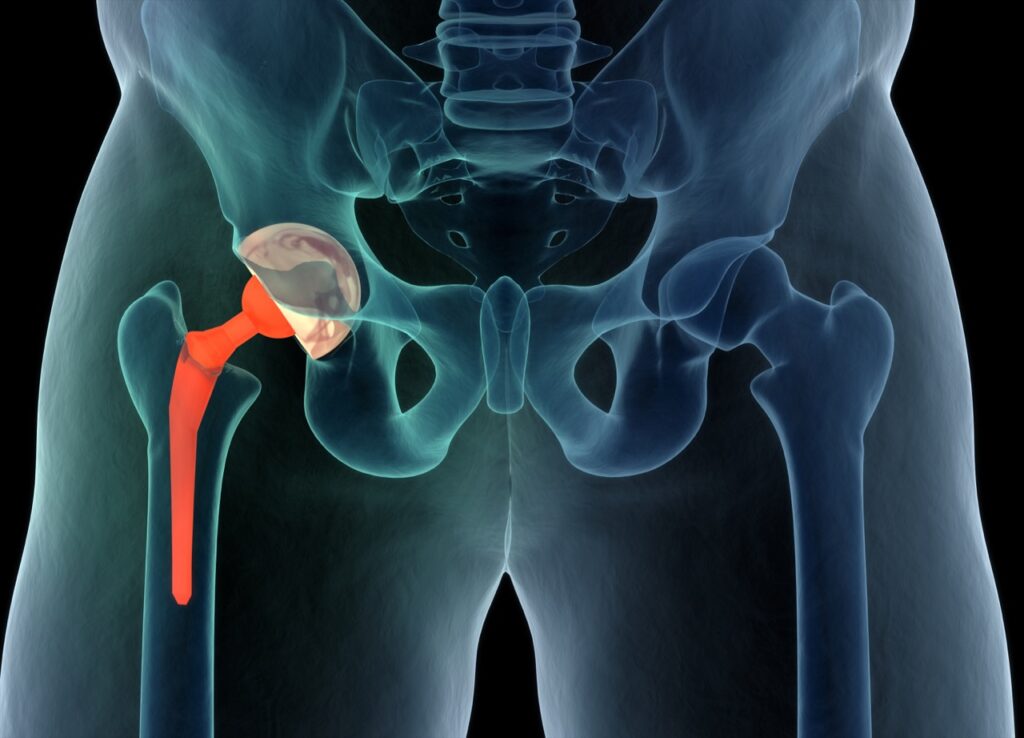
Total Hip Replacement Surgery, often referred to as hip arthroplasty, is a medical procedure that aims to restore mobility and improve the quality of life for individuals suffering from debilitating hip pain or limited hip joint function. In this comprehensive guide, we will walk you through the essentials of total hip replacement surgery, from when it’s necessary to the types of hip implants used, the benefits, risks, and the vital role of a skilled surgeon like Dr. Saurabh Giri at Helios Clinic.
When is Total Hip Replacement Surgery Necessary?
Hip replacement surgery becomes a viable option when non-surgical treatments such as medications, physical therapy, and the use of assistive devices no longer provide adequate pain relief or improve mobility. Common reasons include severe arthritis, hip fractures, and other hip joint conditions that significantly impact your daily life.
Preparation for Total Hip Replacement
Before the surgery, you’ll undergo a thorough evaluation, which may include blood tests, imaging, and discussions with your surgeon. Pre-operative preparation is crucial, and you’ll receive instructions on what to do in the days leading up to the procedure, such as medication adjustments and lifestyle modifications.
The Procedure: A Step-by-Step Guide
Total hip replacement surgery involves several key steps, including the removal of damaged cartilage and bone, positioning the new hip implant, and securing it in place. Your surgeon will explain the details, and you can discuss any concerns you may have.
Types of Hip Implants
There are various types of hip implants available, including metal-on-plastic, ceramic-on-plastic, and ceramic-on-ceramic. Each has its advantages and considerations, and your surgeon will help you choose the most suitable one based on your specific needs.
Benefits of Total Hip Replacement
The primary benefit of this surgery is a significant reduction in pain and an improvement in your hip joint’s function. It can restore your ability to perform everyday activities and enhance your overall quality of life.
Risks and Complications
While total hip replacement surgery is generally safe, there are potential risks and complications to be aware of. These include infection, blood clots, dislocation of the hip joint, and implant wear. Your surgeon will take precautions to minimize these risks.
Recovery and Rehabilitation
After surgery, a comprehensive rehabilitation program is essential to regain strength and mobility. Physical therapy and follow-up appointments with your healthcare provider are crucial for a successful recovery.
Life After Total Hip Replacement
With proper care and follow-up, most patients experience a significant improvement in their quality of life and can return to their favorite activities. Total hip replacement is often a life-changing procedure.
Choosing the Right Surgeon: Dr. Saurabh Giri
Selecting a skilled and experienced surgeon is paramount to the success of your surgery. Dr. Saurabh Giri, a renowned expert in total hip replacement surgery, is dedicated to providing the highest level of care and expertise to his patients.
The Helios Clinic Experience
Helios Clinic is a leading healthcare facility known for its commitment to patient well-being. Their state-of-the-art facilities and a team of dedicated professionals ensure a comfortable and effective treatment process.
Patient Success Stories
Hear from those who have experienced total hip replacement at Helios Clinic and the positive impact it has had on their lives. Their success stories can provide insight into what you can expect from this procedure.
Summary
Total Hip Replacement Surgery is a transformative procedure that can greatly enhance your quality of life if you are suffering from hip pain and limited mobility. With the guidance of an experienced surgeon like Dr. Saurabh Giri at Helios Clinic, you can look forward to a future with improved mobility and less pain. Take the first step towards a pain-free life by seeking the expert care you deserve.




